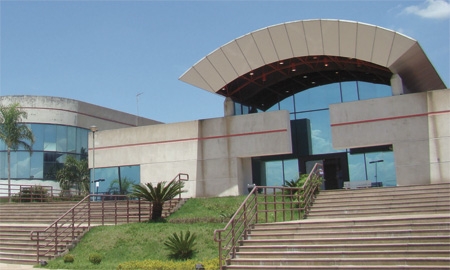Excellent transportation infrastructure, a buoyant economy and a skilled workforce make the state of São Paulo an attractive investment destination. On a grander scale, Brazil in itself is also gaining worldwide attention owing to its vast reserves of oil, its growing involvement in biofuels, its increasingly strong focus on research and development (R&D) and high-tech sectors, and its position as the world’s seventh-largest economy.
These advantages are further consolidated by fiscal incentives, especially in technology, a sector the Brazilian government is eager to grow as a high value added area that will help diversify the economy, create employment, and fortify the country’s global competitiveness.
Perhaps the most important law enacted to boost innovation in companies was 2005’s Law 11.196. Known as the Law of Goods, it offers automatic tax incentives for any entity that conducts technological R&D of technological innovation (considered the conception of a new product or manufacturing process, or the improvement of quality or productivity of an existing product or process).
This law stipulates that the company, when calculating the corporate income tax and the social contribution on net profits, may deduct an amount between 60%-80% of the sum of expenses incurred in a technological innovation project. Furthermore, the law also permits the direct deduction of 50% of the excise tax paid on the purchase of equipment destined to the innovation research.
Another valuable act has been the Computer Tax Incentive Law (8.248/91), which allows companies to redirect the money they would normally pay as income tax towards investment in previously approved R&D projects.
Enacted in 1991, the measure’s effectiveness is twofold: it strongly encourages the creation of new software companies and attracts new firms that produce computer goods. Moreover, the law requires that these companies invest at least 5% of their revenues in R&D activities in Brazil, thereby developing domestic contents and maintaining domestic production levels.

0 COMMENTS